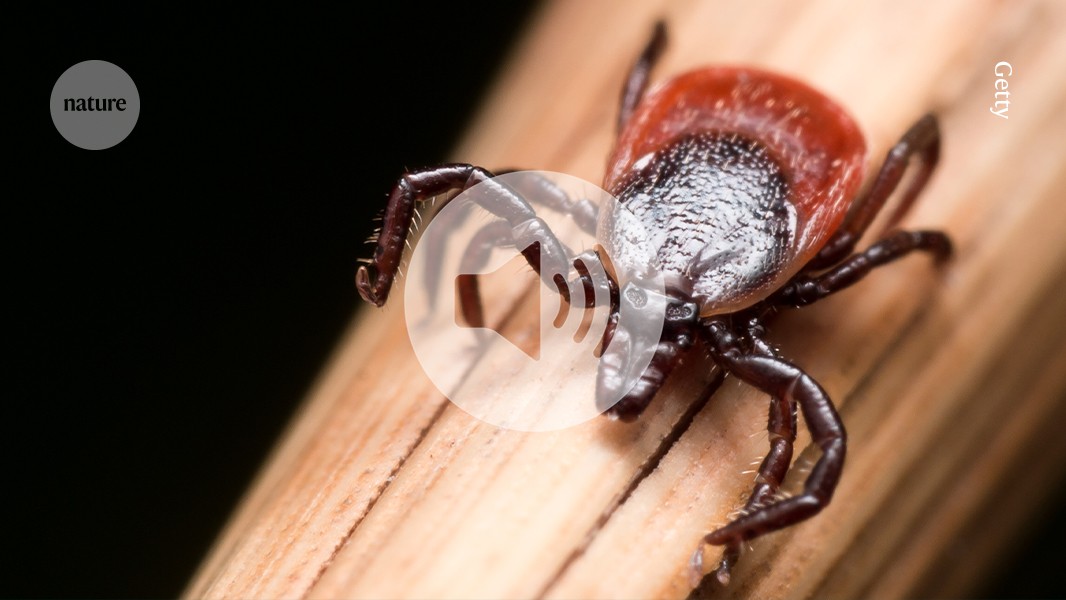
"Researchers have identified a key protein that helps tick-borne encephalitis virus enter the brain. In rare cases an infection can lead to serious neurological symptoms, but little was known about how the virus interacts with human cells. Now, a team show that a protein found on the outside of cells plays an important role in infection. In mouse experiments, they show that blocking the ability of the virus to bind to this protein protected the mice from disease."
"To assess the potential impact of cuts to funding by the Trump administration, Nature trained a machine-learning bot to try and reproduce the NIH's method of cancelling grants and applied it to science that was successfully funded around ten years ago. This thought experiment shows that highly impactful science and medical research might have been at risk had a similar process been followed a decade ago, revealing the potentially broad-reaching consequences of these actions today."
A cell-surface protein mediates tick-borne encephalitis virus entry into the brain; blocking viral binding to that protein protected mice from disease, revealing a potential drug target where no treatments currently exist. A machine-learning model reproduced a proposed NIH grant-cancellation process and applied it to grants funded about ten years earlier, indicating that highly impactful biomedical research and medical advances could have been at risk under comparable cuts, with broad consequences for US science. Other items include a robot that speeds emergency intubation, 10,000-year-old preserved human remains, chatbot-linked psychosis research, and AI-designed viruses that kill E. coli.
Read at Nature
Unable to calculate read time
Collection
[
|
...
]